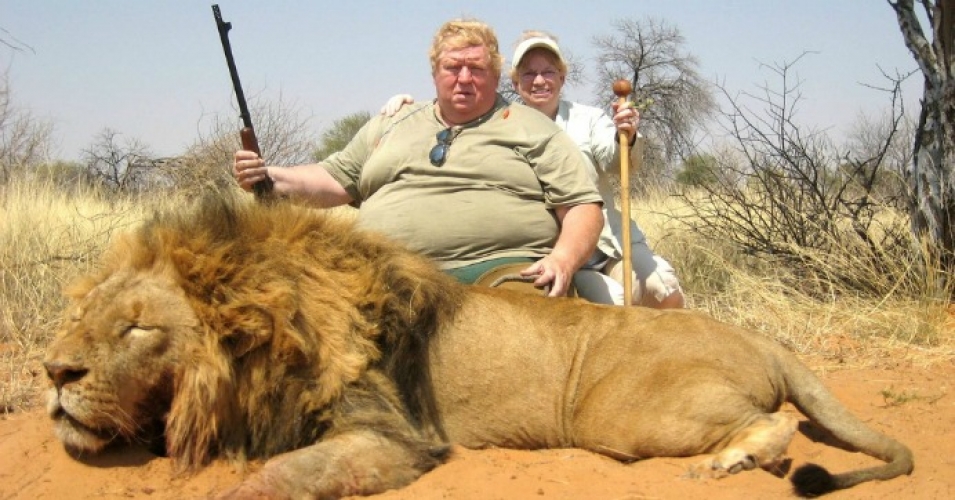Humans are the world's top predator. The way we fulfill this role is often mired in controversy, from factory farming to trophy hunting to predator control. The latter is…

When conjuring up an image of a healthy ecosystem, few of us would think of a modern city. But scientists are increasingly recognizing that the…
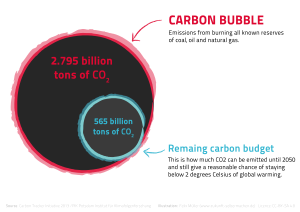
The rapidly rising levels of carbon dioxide in the atmosphere affect plants' absorption of nitrogen, which is the nutrient that restricts crop growth in most…
Just thirteen giant corporations control 19-40% of the largest and most valuable stocks and 11-16% of the global marine catch, finds a new research. This…
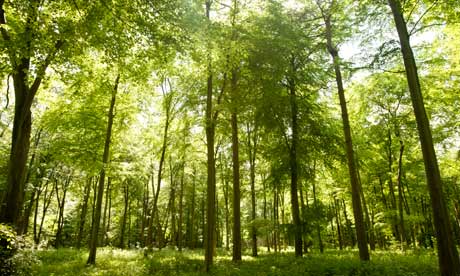
A new study suggests the world's forests are more fragmented than ever before. Analysis by researchers at North Carolina State University showed that if one…
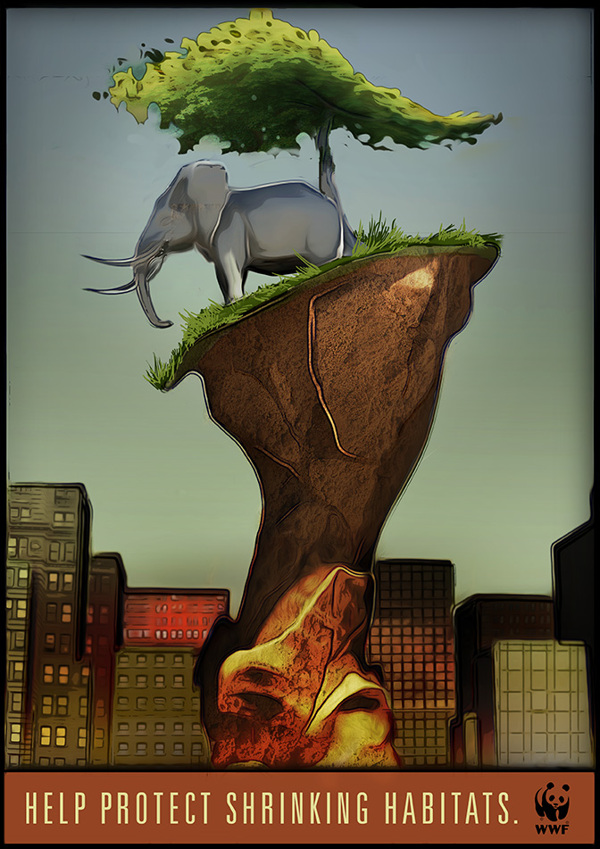
An extensive study of global habitat fragmentation - the division of habitats into smaller and more isolated patches - points to major trouble for a…
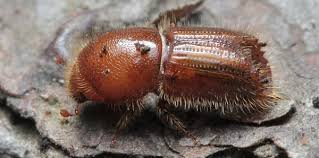
There is an eerie feel to this grove of lodgepole pines that I can't quite put my finger on as entomologist Diana Six tromps ahead of me,…

